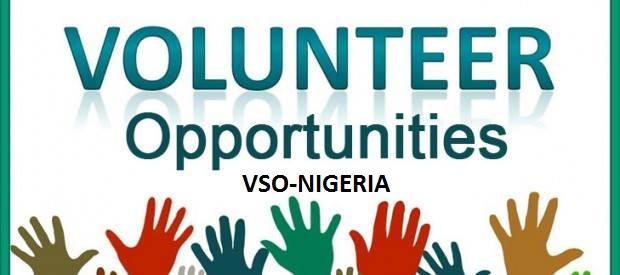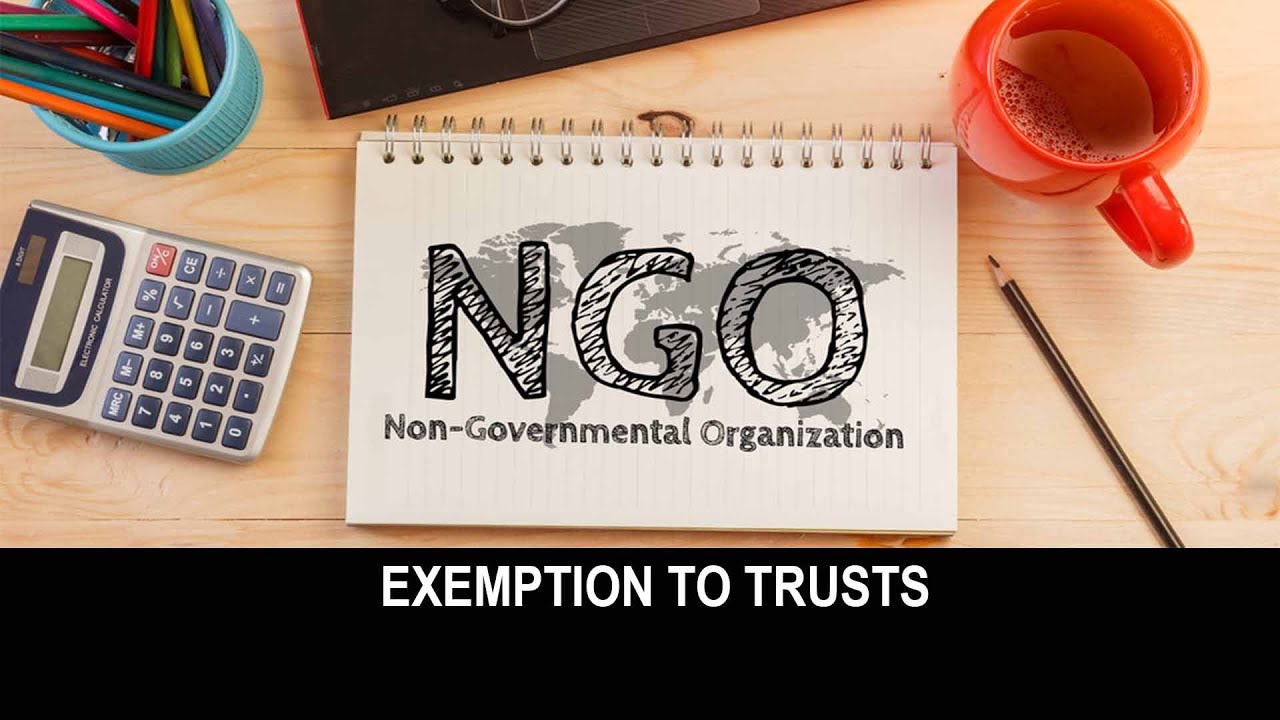
Introduction
NGO Jobs for Fresh Graduates in Nigeria. Non-Governmental Organizations (NGOs) have long been a crucial part of Nigeria’s development landscape. From humanitarian aid and education to health and environmental sustainability, NGOs in Nigeria contribute significantly to the growth and welfare of society. For fresh graduates who are passionate about making a difference, NGOs offer not only employment but a meaningful start to a professional career.
If you’re a recent graduate wondering how to break into the NGO sector in Nigeria, this comprehensive guide is for you. This post will explore the types of NGO jobs available, major organizations hiring, necessary qualifications, how to apply, and practical tips to land your first NGO role.
What Are NGOs and Why Do They Matter in Nigeria?
Non-Governmental Organizations (NGOs) are independent organizations, not directly controlled by government entities, that operate with the aim of solving social, economic, political, and environmental issues. In Nigeria, NGOs are instrumental in:
- Providing emergency relief
- Promoting education and literacy
- Fighting against diseases like HIV/AIDS, malaria, and polio
- Supporting human rights and governance
- Empowering women and youth
- Driving environmental and climate change initiatives
They receive funding from international donors, development agencies, and sometimes corporate bodies. As such, they require qualified personnel—including fresh graduates—to implement and monitor their various projects.
Why Should Fresh Graduates Consider NGO Jobs?
For many graduates, working with an NGO might not be the first thought after school. However, NGO roles offer a unique and rewarding career path:
- Meaningful Work: NGOs allow you to work on real-world problems and contribute to societal improvement.
- Professional Development: NGOs often offer training programs, fieldwork exposure, and networking opportunities.
- Global Connections: Many NGOs are international, which can open up overseas opportunities.
- Competitive Salary & Benefits: While not always high-paying, many international NGOs provide good compensation, housing allowance, and health benefits.
- Diverse Work Environment: You’ll work with professionals from different cultures, disciplines, and backgrounds.
Types of NGO Jobs Available for Fresh Graduates
Fresh graduates can find various entry-level roles in both local and international NGOs in Nigeria. Common positions include:
1. Project Assistant / Project Officer
Support project managers in planning, implementation, and reporting. Ideal for those with degrees in development studies, political science, or social sciences.
2. Monitoring and Evaluation (M&E) Assistant
Collect and analyze data to track the progress of NGO projects. Requires strong analytical and communication skills.
3. Field Officer
Work directly with local communities to implement NGO programs. This role often requires frequent travel and field visits.
4. Administrative Assistant
Handle the office’s day-to-day administrative functions, including documentation, scheduling, and logistics.
5. Communications Assistant
Support public relations, social media, and donor communication strategies. Perfect for graduates in mass communication or journalism.
6. Finance and Grants Assistant
Assist in budgeting, grants management, and financial reporting. Best suited for accounting or finance graduates.
7. Intern or Volunteer
Many NGOs have structured internship or volunteer programs for recent graduates, which can be stepping stones to full-time roles.
Top NGOs Hiring Fresh Graduates in Nigeria
Below are some of the most active NGOs offering graduate opportunities across Nigeria:
1. International Rescue Committee (IRC)
Focuses on health, education, protection, and economic well-being.
2. Plan International Nigeria
Works on child protection, girl empowerment, and education. Offers graduate and internship programs.
3. Save the Children Nigeria
One of the leading child advocacy organizations regularly hires graduates for field operations and support roles.
4. Action Against Hunger
Known for work in food security, nutrition, and water and sanitation. Often has openings in northeastern Nigeria.
5. Médecins Sans Frontières (Doctors Without Borders)
Frequently seeks program support assistants and administrative interns in their Nigerian operations.
6. Christian Aid Nigeria
Works in humanitarian aid and development, hiring fresh graduates for project and admin roles.
7. World Health Organization (WHO)
Though highly competitive, the WHO occasionally offers internships and junior positions for fresh graduates.
8. FHI 360
Engages in health research and development. Offers graduate entry roles in HIV/AIDS prevention, logistics, and administration.
Educational Qualifications and Skills Needed
While a university degree is the baseline, what matters more is your alignment with the organization’s mission and your practical skills. Here’s a general checklist:
Educational Background
- Social Sciences (Sociology, Political Science, Psychology)
- Development Studies
- International Relations
- Public Health
- Environmental Sciences
- Accounting or Finance
- Mass Communication or Journalism
Key Skills for NGO Jobs
- Excellent written and oral communication skills
- Teamwork and collaboration
- Basic project management
- Research and data analysis
- Computer literacy (especially MS Office and data collection tools like Kobo Toolbox)
- Ability to work in rural or challenging environments
Where to Find NGO Job Listings in Nigeria
Job hunting for NGO roles can be easier with the right platforms. Here are trusted sources to check:
| Platform | Link |
|---|---|
| ReliefWeb | https://reliefweb.int |
| DevNetJobs | https://www.devnetjobs.org |
| Jobzilla Nigeria | https://www.jobzilla.ng |
| Hot Nigerian Jobs | https://www.hotnigerianjobs.com |
| MyJobMag (NGO Section) | https://www.myjobmag.com/jobs-by-field/ngo-non-profit |
| UN Careers | https://careers.un.org |
| Naija NGO Jobs | https://www.naijangojobs.com |
How to Apply for NGO Jobs as a Fresh Graduate
Applying for an NGO job isn’t the same as applying for a typical private-sector job. Here’s a practical guide:
1. Tailor Your CV
Highlight volunteer experience, internships, community work, and project participation in school. Keep it simple, clear, and professional.
2. Craft a Motivational Cover Letter
NGOs value passion and commitment. Use your cover letter to demonstrate your interest in the organization’s mission and how your skills align.
3. Be Open to Internships
Even if unpaid, internships give you direct exposure and experience. Many interns are offered full-time roles eventually.
4. Prepare for Field Deployments
Be open to relocation or field visits, especially if applying to organizations working in Northern Nigeria or remote regions.
5. Apply Early and Monitor Deadlines
NGO job applications often close within a short time. Set alerts on job platforms to stay updated.
Common Mistakes Fresh Graduates Make (and How to Avoid Them)
- Generic CV and cover letter: Always tailor your applications to the specific role and organization.
- Ignoring field roles: Many graduates avoid roles outside major cities. Being flexible gives you an advantage.
- No volunteer experience: Volunteering—even with small local NGOs—shows initiative and dedication.
- Poor interview preparation: Always research the organization and rehearse likely questions before an interview.
Tips to Increase Your Chances of Getting Hired
- Start Volunteering Early: Don’t wait until after NYSC. Volunteer with campus or local NGOs.
- Leverage LinkedIn: Follow NGO pages, engage with their posts, and network with current staff.
- Build Relevant Skills: Learn data collection tools, report writing, budgeting, and proposal writing.
- Attend NGO Events & Webinars: These provide insight into industry trends and job leads.
- Join NGO Recruitment Forums: Telegram, WhatsApp, or Facebook groups often share daily job updates.
Conclusion
Getting your first job after graduation can feel overwhelming, but the NGO sector in Nigeria offers an exciting and purposeful path. If you’re passionate about social change, community development, health, or human rights, then an NGO job might be your best first step into the professional world.
With the right qualifications, a strategic job search, and a willingness to start small, you can quickly build a meaningful career in this sector. Remember that many of today’s top humanitarian leaders and policymakers started just like you—eager, inexperienced, but determined to help others.
So keep applying, stay informed, build your skills, and most importantly, never stop believing in the impact you can make.
How to get an NGO job in Nigeria.
FAQs: NGO Jobs for Fresh Graduates in Nigeria
Q1: Do NGOs in Nigeria hire fresh graduates without experience?
Yes. Many NGOs have entry-level roles and internships for fresh graduates. Volunteering and NYSC service experience are valuable.
Q2: Are NGO jobs well-paying in Nigeria?
It depends on the organization. International NGOs usually pay competitively and offer benefits, while smaller local NGOs may offer modest stipends.
Q3: What degree is best for NGO jobs?
Degrees in social sciences, health sciences, development studies, or communication are commonly sought after.
Q4: Can I work in an NGO without a university degree?
Some roles may be available to those with diplomas, especially in field support or community-based roles, but most require a university degree.
Q5: How can I stand out in my application?
Tailor your CV and cover letter, show evidence of community work or volunteering, and express a genuine interest in the NGO’s mission.






This Post Has One Comment